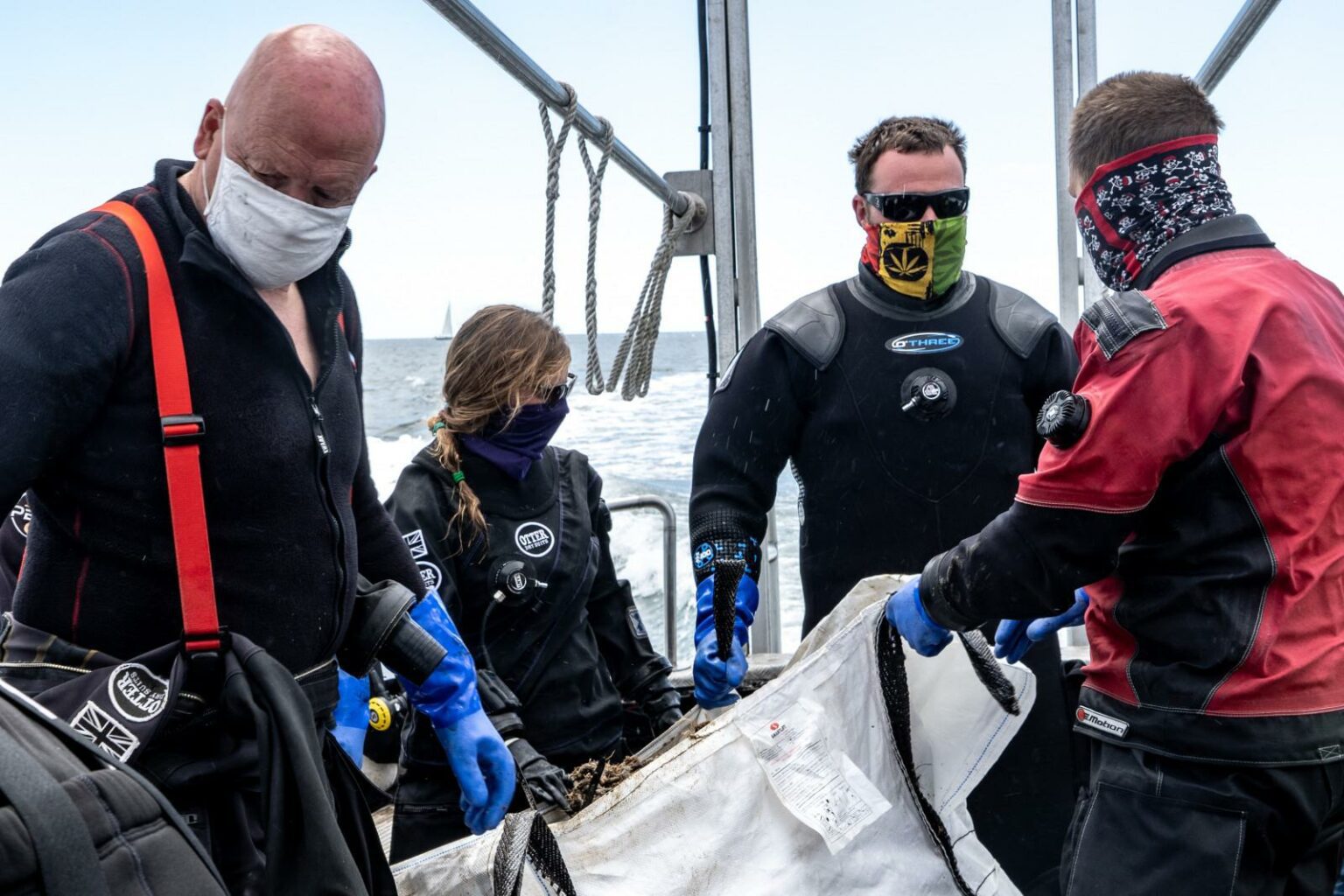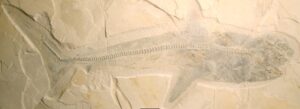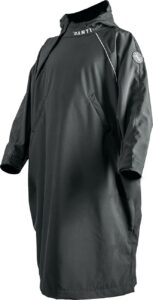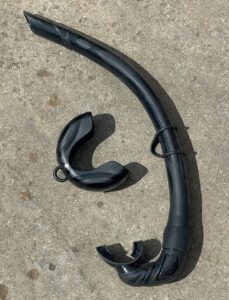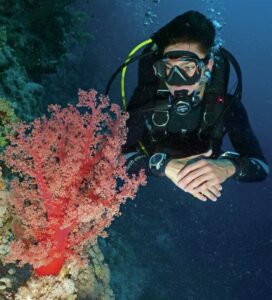Ocean clean-up charity Ghost Fishing UK returned this week to the ocean to clear up deadly ghost nets from Plymouth.
After months of being landlocked by Covid-19, the volunteer scuba divers removed 126kg of lost fishing gear, saving countless marine animals from a cruel death.
Lost and abandoned fishing gear makes up almost 50 percent of the great pacific garbage patch and continues to catch and marine life long after it has been lost. It is known as ‘Ghost Fishing’.
Volunteer scuba divers belonging to the clean-up charity Ghost Fishing UK were finally able to return to our seas this week to continue their valuable work, removing lost fishing nets and pots.
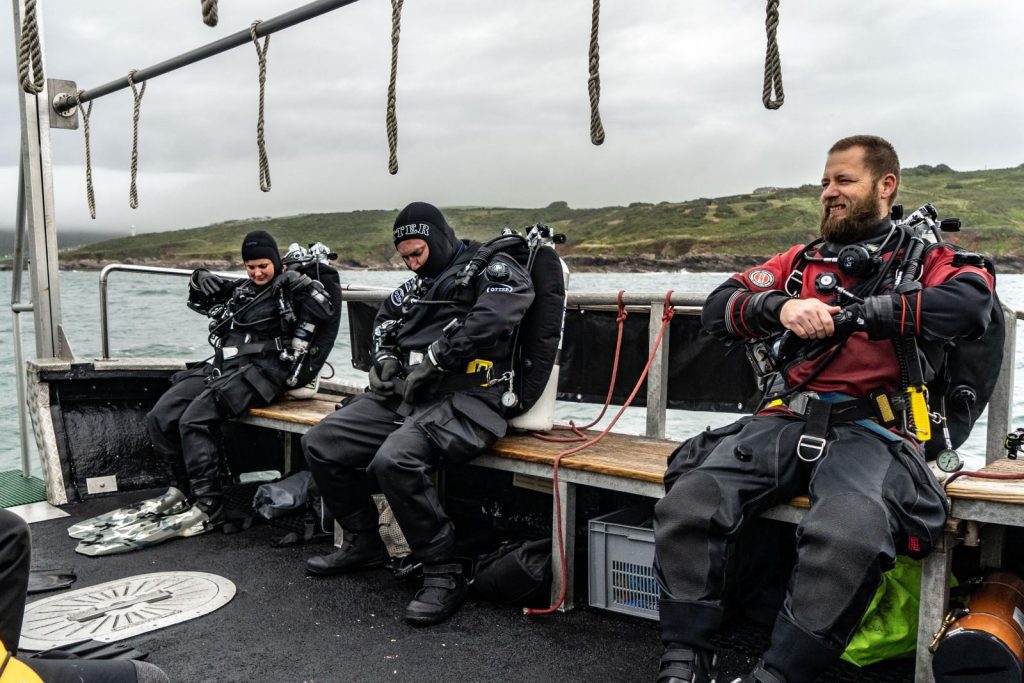
Last year, the charity removed over a tonne of lost fishing gear from the sea around the UK from Scotland to Cornwall. The recovered fishing net was sent to Europe for recycling, keeping it out of landfill.
Charity trustee and operations manager Fred Nunn has been with the organisation from the very outset, and said: “It's been very stressful organising the first project since lockdown started, there are so many more restrictions and considerations to plan for on top of all the usual ones for a Ghost Fishing UK project. But the sheer enthusiasm that is radiating from our volunteers is infectious! I can't wait to get back to what we do best.”
Six divers set off from the Mountbatten Centre in Plymouth aboard Seeker from In Deep Dive Centre on Thursday morning to undertake a survey of some lost nets reported on the wreck of the James Eagan Layne. The divers have already removed hundreds of kilos of net from this wreck, but still it keeps on coming.
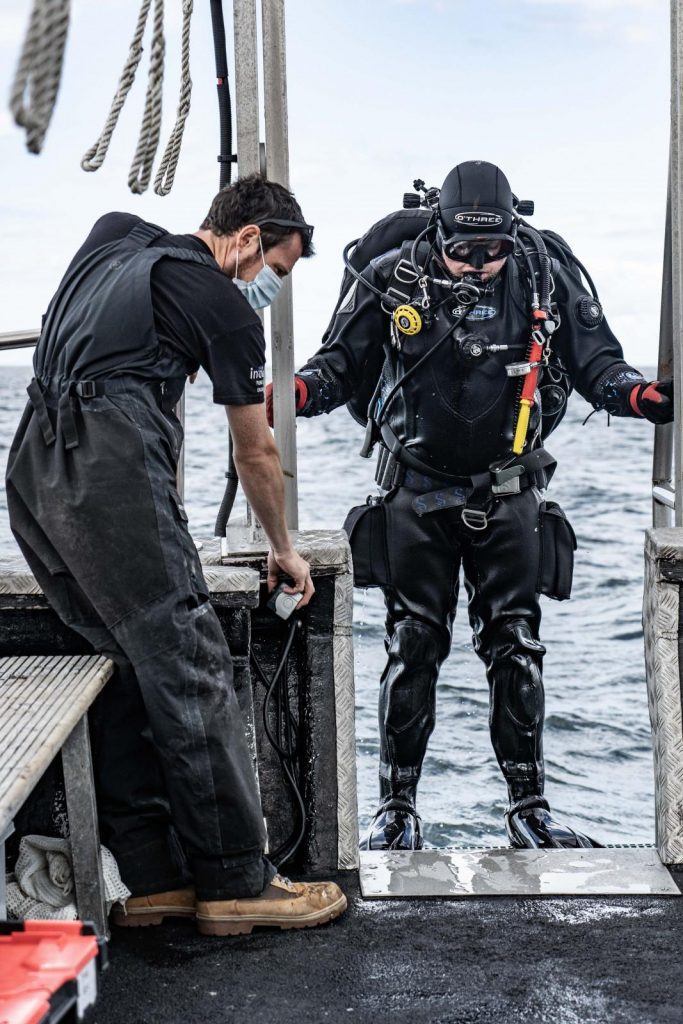
Ghost Fishing UK is keen to work with the local fishing community to locate and recover lost fishing gear before it does any prolonged and significant harm to the local wildlife.
Trustee and secretary Christine Grosart explained: “Ghost gear doesn’t know it is lost so it continues fishing around the clock indefinitely. It can take hundreds of years to degrade and even then, it causes a secondary issue which is micro-plastics. We want to work with the fishing community, not to point the finger of blame as we know that fishing gear is expensive and rarely deliberately lost, but to gain information about where it has been lost so we can go and retrieve it.
If we can locate a fisherman who loses crab pots, for example, we will often try to return them for re-use. This keeps them out of landfill and stops the pots from ghost fishing any longer”.
In strong winds and bumpy sea state, the team responded to reports from scuba divers of yet more lost nets on the bow of the wreck, methodically searching the port and starboard sides. They found a mixture of fishing detritus such as monofilament, nylon net, old shot ropes and broken up lobster pots.
Survey complete and after an evening of planning, the team returned the following day equipped with knives and lifting bags to remove the lost fishing gear from the wreck.
Six divers spent 100 minutes in the water each to recover over 100kg of net from the wreck. The net will be stored at a designated site until sufficient quantities accumulate to transport for recycling.
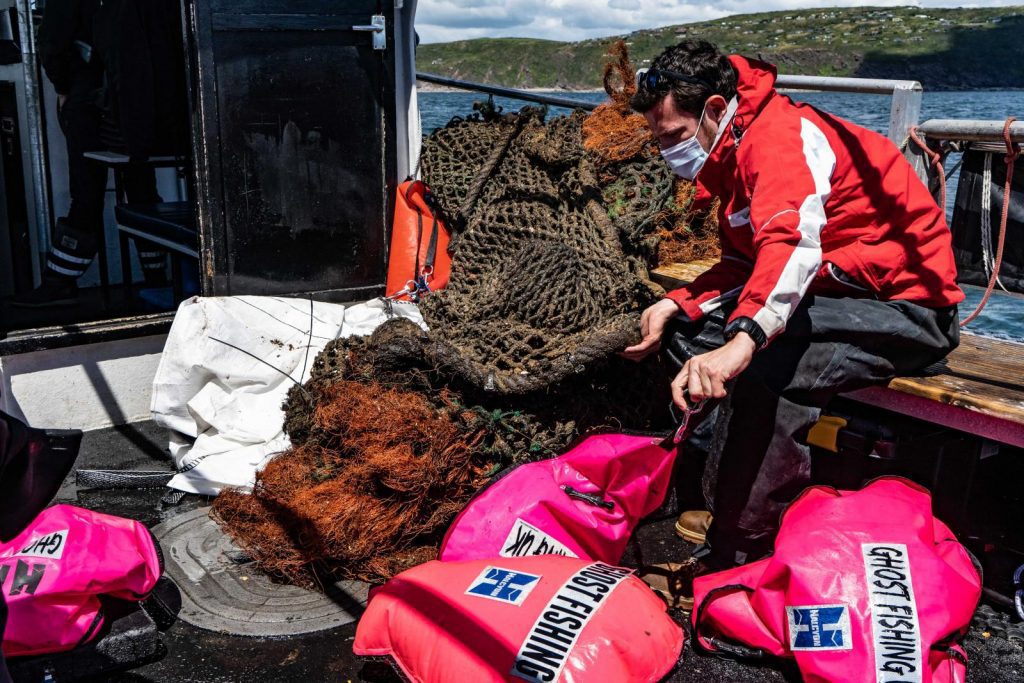
Charity chairman Dr Richard Walker said: “The challenges that the COVID-19 virus has placed on everyone has been significant, but we are pleased to say that the team at Ghost Fishing UK has been working hard behind the scenes during this difficult time, and are in a stronger position because of this effort.
“I’m delighted that a strong team of Ghost Fishing UK divers worked for the past two days to survey and recover ghost nets from the shipwreck of the James Eagan Layne. Our efforts over the past few months mean that we’ve hit the ground running, and each time we go out the seas become safer and cleaner for all.”
Removing ghost nets from the sea bed is expensive and not without risk. The divers endured miserable weather to achieve their goal and this shows the level of determination and dedication of Ghost Fishing UK volunteers.
If you would like to donate to the cause, please visit their website to help keep our seas clean.
Photo credit: Ollie Velasco @ Ghost Fishing UK
